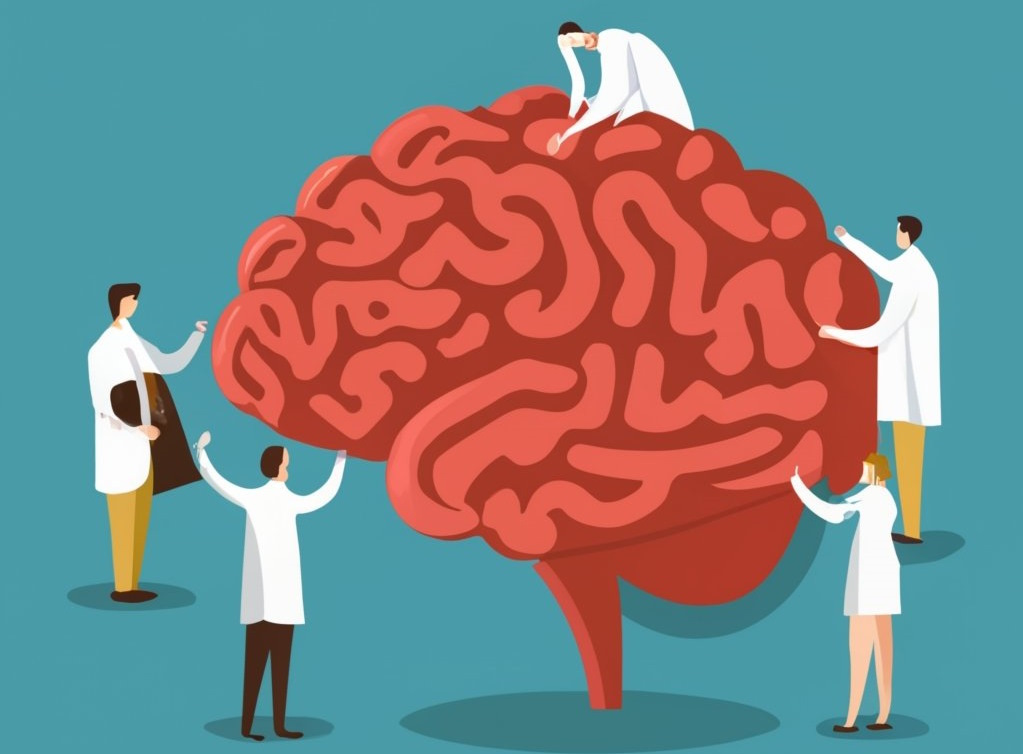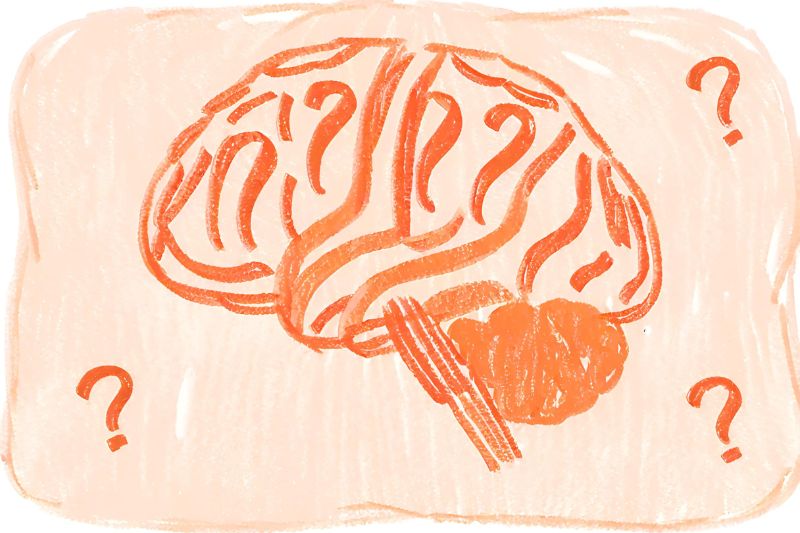Study Reveals 7 Lifestyle Factors That Reduce the Risk of Depression
A newly-released study has found that adopting 7 lifestyle changes can significantly reduce a person's chance of developing depression. We cover them all here.

A new study published by the Nature Mental Health journal has determined 7 lifestyle factors that can reduce a person’s risk of depression by up to 22%. Find out what they are and how you can incorporate them into your life.
What is depression?
Depression is a mental health condition that causes people to experience frequent and intense periods of feeling sad, hopeless and even suicidal. It is estimated to affect around 1 in 6 people in the UK. Symptoms can range from mild to severe, and some people may experience a specific type of depression, like:
- Postnatal Depression
- Seasonal Affective Disorder (SAD)
- Situational Depression
- Bipolar Disorder
If you think you may have depression, you can take the PHQ-9 questionnaire (an NHS-approved assessment) to measure the severity of your symptoms. Please note that depression does not usually go away without treatment, so you should talk to your GP or consider starting therapy.
New findings
By analysing the data of 287,282 participants (including 13,000 with depression) over 9 years, researchers from Cambridge University have highlighted the impact of certain lifestyle choices on neurobiological mechanisms that can reduce depression. Their paper, released on 11th September 2023, identifies 7 lifestyle factors that can reduce a person's chance of developing depression.
One of the researchers, Dr Christelle Langley, explains why these findings are significant:
We’re used to thinking of a healthy lifestyle as being important to our physical health, but it’s just as important for our mental health. It’s good for our brain health and cognition, but also indirectly by promoting a healthier immune system and better metabolism.
Watch the video below to learn the 7 lifestyle factors the study confirmed to lower risk of depression.
How to reduce your risk of depression
Let's take a quick look at each of these factors in turn and explain how you can go about achieving them.
Healthy diet (reduces risk by 6%)
You can improve your diet by reducing the amount of processed food you consume and increasing your intake of things like fruits, vegetables and whole grains. Aim to get a combination of protein, carbohydrates and healthy fats (like avocado or nuts) in most of your meals.
Remember, though, that a good diet is all about balance. Being too strict with yourself can lead to disordered eating, so leave room for occasional treats and don't beat yourself up if you struggle to stick to a healthy diet.
3 tips to achieve a healthy diet:
- Batch cook nutritious meals like chilli or soups for easy weeknight meals/work lunches
- Add leafy greens like spinach to smoothies, pasta dishes and curries
- Choose the wholegrain option when it comes to bread, pasta and rice
Minimal to moderate alcohol consumption (reduces risk by 11%)
You might be surprised to learn that minimal alcohol consumption can have more health benefits than avoiding alcohol altogether. This isn't a green light to run off to the pub, though. It's well-known that anything above moderate alcohol consumption is damaging to both our physical and mental health.
Keep your alcohol intake within the national guidelines, which in the UK is no more than 14 units a week, spread over at least 3 days. That roughly equates to 6 pints of beer or 6 medium glasses of wine in a 7-day period.
3 ways to reduce or manage alcohol intake:
- Establish 2 days per week as non-drinking days
- Switch to drinks with lower alcohol percentages
- Only drink wine with meals
Low to moderate sedentary behaviour (reduces risk by 13%)
Sedentary behaviour refers to any time that you are awake but either sitting, reclining or lying down. While nobody expects you to stay on your feet all day, spending too long in positions that require very little expenditure is very detrimental to your wellbeing.
Here's 3 ways to reduce sedentary behaviour:
- Set a timer that reminds you to get up and move/stretch every hour
- Get a standing desk for your office space
- Establish an achievable steps goal each day that you gradually increase
Regular exercise (reduces risk by 14%)

At this point we all know that exercise has many health benefits. You should aim to do some kind of physical activity every day, even if it's just a short stroll. Health professionals also recommend completing at least 150 minutes of moderate exercise (that which gets your heart rate up) over a week.
3 ways to incorporate exercise into your life:
- Take the stairs rather than a lift when you have the option
- Find an activity you enjoy and set a goal to improve your performance
- Get a workout buddy to keep you accountable
Frequent social connections (reduces risk by 18%)
Humans are social creatures, so it's important that we establish and maintain relationships with others. Even if you have work or family commitments that prevent you from actively socialising a lot, a quick call to a friend can be a great mental health boost.
3 tips to increase social connections:
- Make plans in advance so that people have time to organise themselves
- Set up weekly or monthly check-in rituals like a games night
- If you struggle to make friends, join a club or online community based on your hobbies or interests
Never smoking (reduces risk by 20%)
Don't despair if smoking is already an established part of your lifestyle. Cigarettes and vapes are highly addictive, so stopping smoking altogether may not be an immediate option for some people. However, even cutting down on this habit can reap health benefits and make it easier to quit completely in the future.
3 ways to cut down on smoking:
- Set yourself a cigarette budget for the week
- Remove reminders like ashtrays or lighters from your field of vision
- Try nicotine replacements like patches or gum
Good sleeping habits (reduces risk by 22%)
When it comes to sleep, both quality and quantity are important. That means sticking to a regular schedule that grants you around 7-9 hours of sleep a night. On top of this, there are steps you can take to ensure that you achieve longer periods of deep, uninterrupted sleep.
Here's 3 tips for better sleep:
- Try to go to bed and wake up at a similar time each day
- Avoid looking at screens in the 2 hours before you go to sleep
- Reduce caffeine and alcohol intake
For more mental health information and tips, head to the ManageMinds blog.
Post Date:
Author: Isobel Robb
Explore More Articles
3 Mental Health Myths Your Therapist Is Sick of Hearing
It's great that more people are talking about mental health, but not everything you hear is necessarily true. Don't fall for these 3 mental health myths!
Feeling Worried? Challenge Anxious Thoughts with These Simple Questions
Stuck in a spiral of anxious thoughts? Use these 3 simple questions to challenge negative thinking and adopt a healthier mindset.
ManageMinds Explains... Narcissists
Even wondered if you or someone you know may be a narcissist? In this guide we cover what narcissistic personality disorder is, as well as the signs you need to watch out for.


